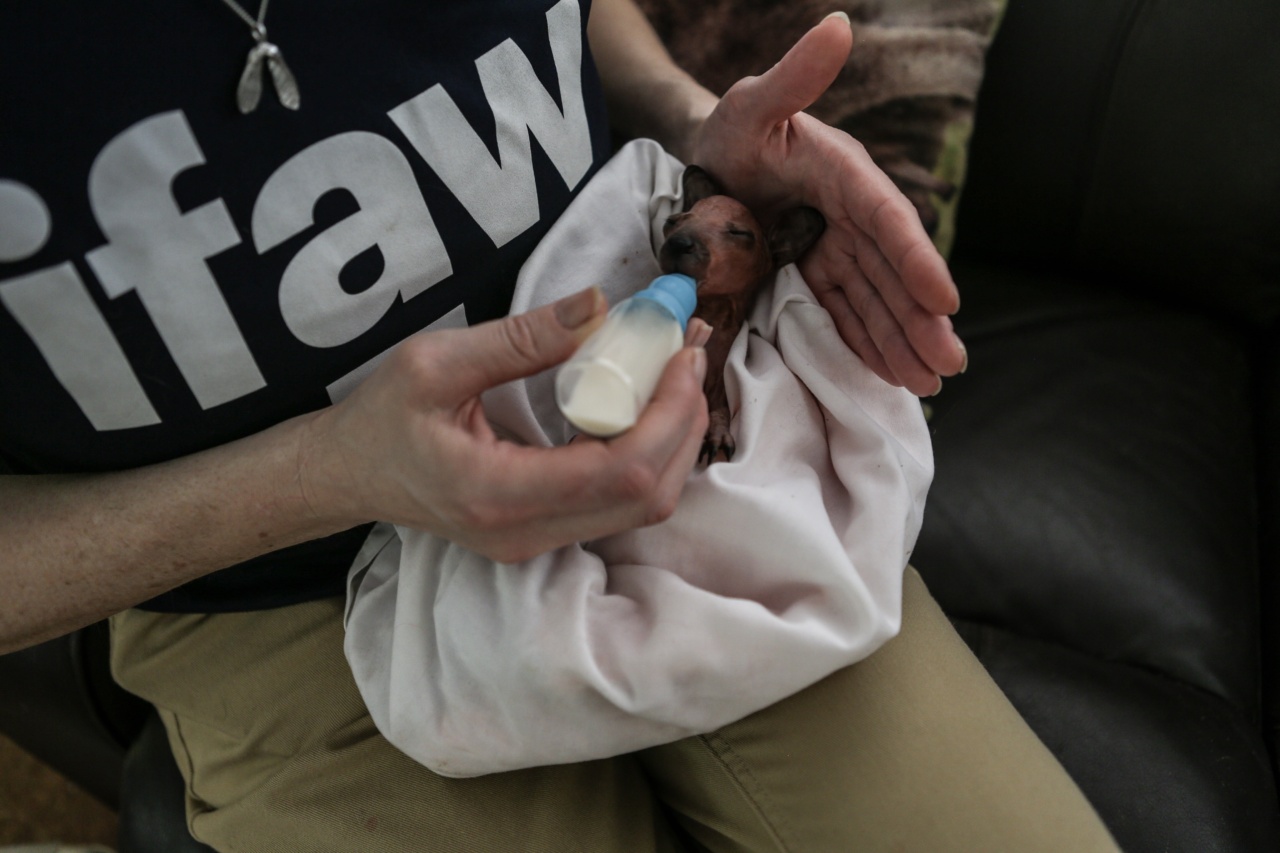Raw milk is becoming a popular choice for many people because it is considered to be more natural and less processed. While there are some benefits to consuming raw milk, there are also many risks involved.
In this article, we will share with you 30 reasons to avoid non-pasteurized milk.
1. Risk of Foodborne Illnesses
The biggest risk of consuming raw milk is the risk of foodborne illnesses. Raw milk can contain harmful bacteria such as Salmonella, Listeria, and E. Coli. These bacteria can cause severe illness and even death.
2. Children Are at a Higher Risk
Children have a weaker immune system, which makes them more vulnerable to harmful bacteria that may be present in raw milk. According to the Centers for Disease Control and Prevention (CDC), children are more likely to get sick from consuming raw milk.
3. Pregnant Women Should Avoid It
Pregnant women should avoid consuming raw milk because it can cause serious harm to the unborn baby. Raw milk can contain harmful bacteria that can cause miscarriage, premature delivery, and other complications.
4. More Expensive
Raw milk is often more expensive than pasteurized milk. This is because raw milk production is a smaller and more specialized industry.
You may end up spending more money on raw milk than on pasteurized milk while putting yourself at a higher risk of foodborne illnesses.
5. Illegal in Some Areas
Selling or distributing raw milk is illegal in some areas. This is because of the health risks associated with consuming raw milk. If you live in an area where raw milk is illegal, you may be breaking the law by consuming it.
6. Health Risks for Older Adults
Older adults have weaker immune systems, which means they are more likely to get sick from consuming raw milk. The CDC reports that the majority of raw milk-related illnesses occur in people over the age of 60.
7. Pasteurization Kills Harmful Bacteria
Pasteurization is a process that involves heating milk to kill harmful bacteria. By pasteurizing milk, you can be sure that you are not drinking any harmful bacteria that may be present in raw milk.
8. Better Shelf Life
Pasteurized milk has a longer shelf life than raw milk. Pasteurization helps to prevent spoilage and extends the life of the milk. This means you can keep your milk in your fridge for longer and not have to worry about it going bad quickly.
9. Availability
Pasteurized milk is widely available at most grocery stores. Raw milk, on the other hand, is only available in select areas and may be difficult to find. This makes pasteurized milk a more convenient option for most people.
10. Reduces Risk of Illness
Drinking pasteurized milk reduces your risk of getting sick from harmful bacteria that can be present in raw milk. By choosing pasteurized milk, you are taking a proactive step to protect your health and the health of your family.
11. Less Nutritious
Raw milk is often touted as being more nutritious than pasteurized milk. However, studies have shown that pasteurized milk is just as nutritious as raw milk. In fact, pasteurization helps to preserve the nutrients in milk better than raw milk can.
12. Risk of Tuberculosis
Raw milk can contain TB-causing bacteria that can lead to serious illness and even death. This is another reason why pregnant women, children, and older adults should avoid consuming raw milk.
13. No Control Over Quality
When you consume raw milk, you have no control over the quality of the milk. You do not know if the milk came from a healthy cow or if it is contaminated with harmful bacteria.
With pasteurized milk, you can be sure that the milk has been tested and is safe to drink.
14. Risk of Brucellosis
Brucellosis is a bacterial infection that can be transmitted to humans through raw milk. This infection can cause flu-like symptoms and can lead to long-term health complications.
15. Risk of Campylobacteriosis
Campylobacteriosis is another bacterial infection that can be transmitted through raw milk. This infection can cause diarrhea, fever, and stomach cramps and can be particularly harmful to children.
16. Risk of Q Fever
Q fever is a bacterial infection that can be transmitted through raw milk. This infection can cause flu-like symptoms and can lead to long-term health complications, including damage to the heart and other organs.
17. Can Cause Food Poisoning
Raw milk can cause food poisoning, which can lead to severe illness and even death. The symptoms of food poisoning can include diarrhea, vomiting, and stomach cramps.
18. Cost of Medical Treatment
If you get sick from consuming raw milk, you may end up spending a lot of money on medical treatment. This can include doctor’s visits, diagnostic tests, and medication.
This is an unnecessary expense that can easily be avoided by choosing pasteurized milk.
19. Risk of Listeriosis
Listeriosis is a bacterial infection that can be transmitted through raw milk. This infection can cause severe illness and can be particularly harmful to pregnant women and their unborn babies.
20. Can Reduce Antibiotic Resistance
By choosing pasteurized milk, you can help to reduce antibiotic resistance. Antibiotic resistance is a growing problem that can make it harder to treat bacterial infections.
By reducing the use of antibiotics in farming practices, we can help to slow down the development of antibiotic resistance.
21. No Control Over Farming Practices
When you consume raw milk, you have no control over the farming practices of the dairy farmer. You do not know if the cows are kept in clean and healthy conditions or if they are treated with antibiotics.
With pasteurized milk, you can be sure that the milk has been produced under strict guidelines and regulations.
22. Risk of Hemolytic Uremic Syndrome
Hemolytic Uremic Syndrome (HUS) is a serious illness that can be caused by consuming raw milk contaminated with E. Coli bacteria. HUS can cause kidney damage and can be fatal in some cases.
23. Risk of Fetal Death
There is a risk of fetal death when pregnant women consume raw milk. This is because raw milk can contain harmful bacteria that can cross the placenta and cause serious harm to the unborn baby.
24. Risk of Eye Infections
Raw milk can contain bacteria that can cause eye infections. If you get raw milk in your eyes, you may experience redness, irritation, and other symptoms. This can be particularly harmful to children.
25. Infection Risk for Immunocompromised Individuals
Immunocompromised individuals have a weaker immune system, which makes them more vulnerable to harmful bacteria that may be present in raw milk. If you have a weakened immune system, you should avoid consuming raw milk.
26. Increases Risk of Allergies
Consuming raw milk can increase your risk of developing allergies to cow’s milk. This is because raw milk contains proteins that can be difficult to digest.
27. Increases Risk of Asthma
Consuming raw milk can also increase your risk of developing asthma. This is because the proteins in raw milk can trigger an allergic reaction that can lead to asthma symptoms.
28. Lack of Regulation
The raw milk industry is not well-regulated, which means that there may be little oversight to ensure safety. This can make it difficult to know if the raw milk you are consuming is safe or not.
29. Can Cause Organ Damage
If you consume raw milk that is contaminated with harmful bacteria, it can lead to organ damage. This damage can be irreversible and can have long-term health consequences.
30. No Benefit to Consuming Raw Milk
There is no benefit to consuming raw milk. While some people may argue that raw milk is more natural, studies have shown that there is no nutritional benefit to consuming raw milk over pasteurized milk.






























